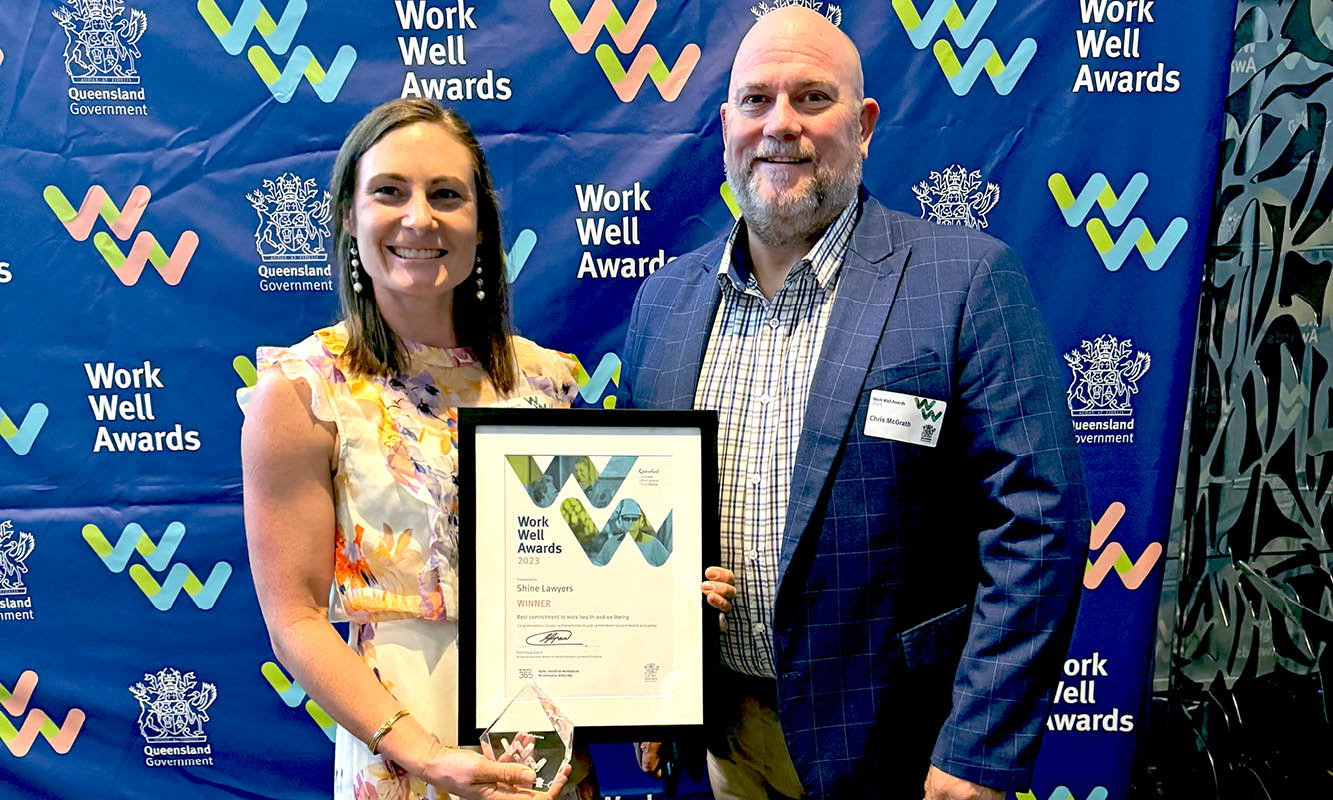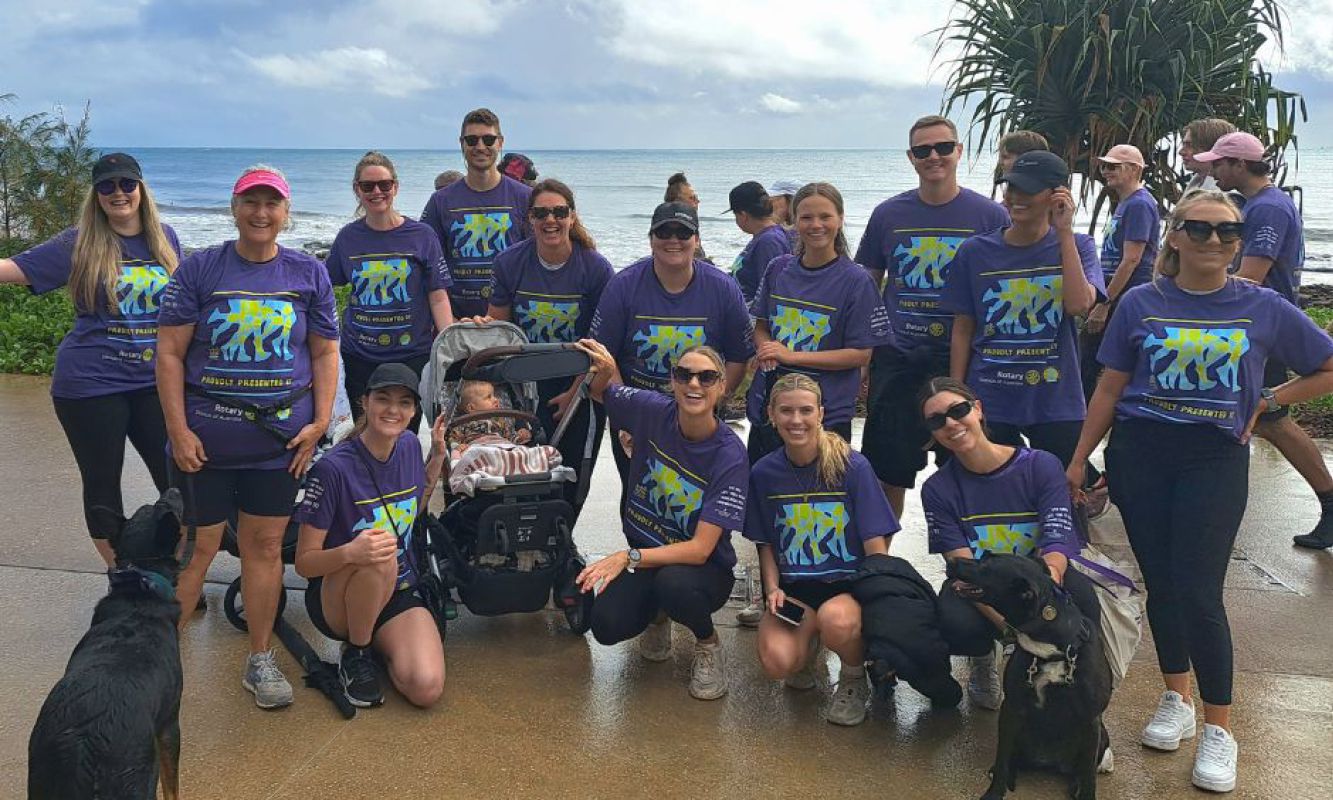Dealing with rapid change, uncertainty and ongoing disruption to our professional and personal lives is difficult. There is no playbook we can consult to look up the rules and definitions, and we are forced – as individuals, families, organisations and teams – to make decisions under unclear, stressful and often confusing circumstances.
Many of us are in positions where we are not only responsible for ourselves, but are also looking after other people who may need and expect us to provide reassurance, direction and answers (whether we have them or not). This may include your children and family, staff members at work, or other stakeholders.
The impact on how we communicate and behave around others is further amplified during a crisis. Here are some tips and strategies you can use to spread calm instead of panic, offer hope without sugar-coating, and foster strong connections in times of physical distancing.
- Remain visible. Regular opportunities for communication are crucial to prevent rumour, misinformation and suspicion, which can do lasting damage to relationships and lead people towards bad decisions. Depending on the situation and your role, consider daily or weekly informal check-ins, one-on-one conversations, team meetings and other appropriate means to invite conversation, exchange information and share insights. To show your presence and availability to those who need you, also encourage people to get in touch with you if they have questions or need your support.
- Help others to remain confident. If you lead others, people need you to provide reassurance amidst a difficult time. You can support others to remain calm and soothe their anxiety by role modelling positive language, proactive behaviour and projecting realistic confidence and strength. Where you can genuinely do so, minimise fears. While it is important to listen to and acknowledge distress and worries, focus on building confidence.
- Be humble. Don’t be tempted into giving false hope or pretending you know things when you don’t. Honesty and transparency are key ingredients for trust-based relationships. If you don’t know the answer to a question (or cannot tell them for other reasons, such as orders you have received from management), don’t make things up or otherwise compromise your integrity. Instead, admit that you are not able to provide an answer at this stage, but will follow up as soon as you can.
- Focus on meaningful action. Others will look at you to help them make sense of the current situation. What is most important right now? What should we focus on? Which information do we need pay attention to, and what can we ignore? A leader highlights (or provides) the signal among the noise, and brings structure in chaos. Help others to see a way forward by prioritising constructive, proactive behaviour.
- Provide inspiration. Affirm the capabilities and strengths of your team members, colleagues or family and friends who are currently struggling. What opportunity can you see amidst the adversity? What lessons can be learned to build a brighter, better future?
- Put on your own oxygen mask first. It’s a well-known metaphor borrowed from sorely missed days when the notion of flying from city to city, or country to country, was a facet of ordinary life. Manage your own health and wellbeing and ensure that you have everything you need to get through this – it is a key necessity for your ongoing ability to help and support others! Role model the behaviour you want to see in others, and accept their support, too.
If you would like to learn more, don’t hesitate to reach out to the QLS Solicitor Support service on ethics@qls.com.au or p. 3842 5843 to speak to someone in a judgement-free and supportive environment.
Rebecca Niebler is QLS’s Organisational Culture and Support Officer, QLS Solicitor Support (QLS Ethics and Practice Centre)
27 May 2020














Share this article